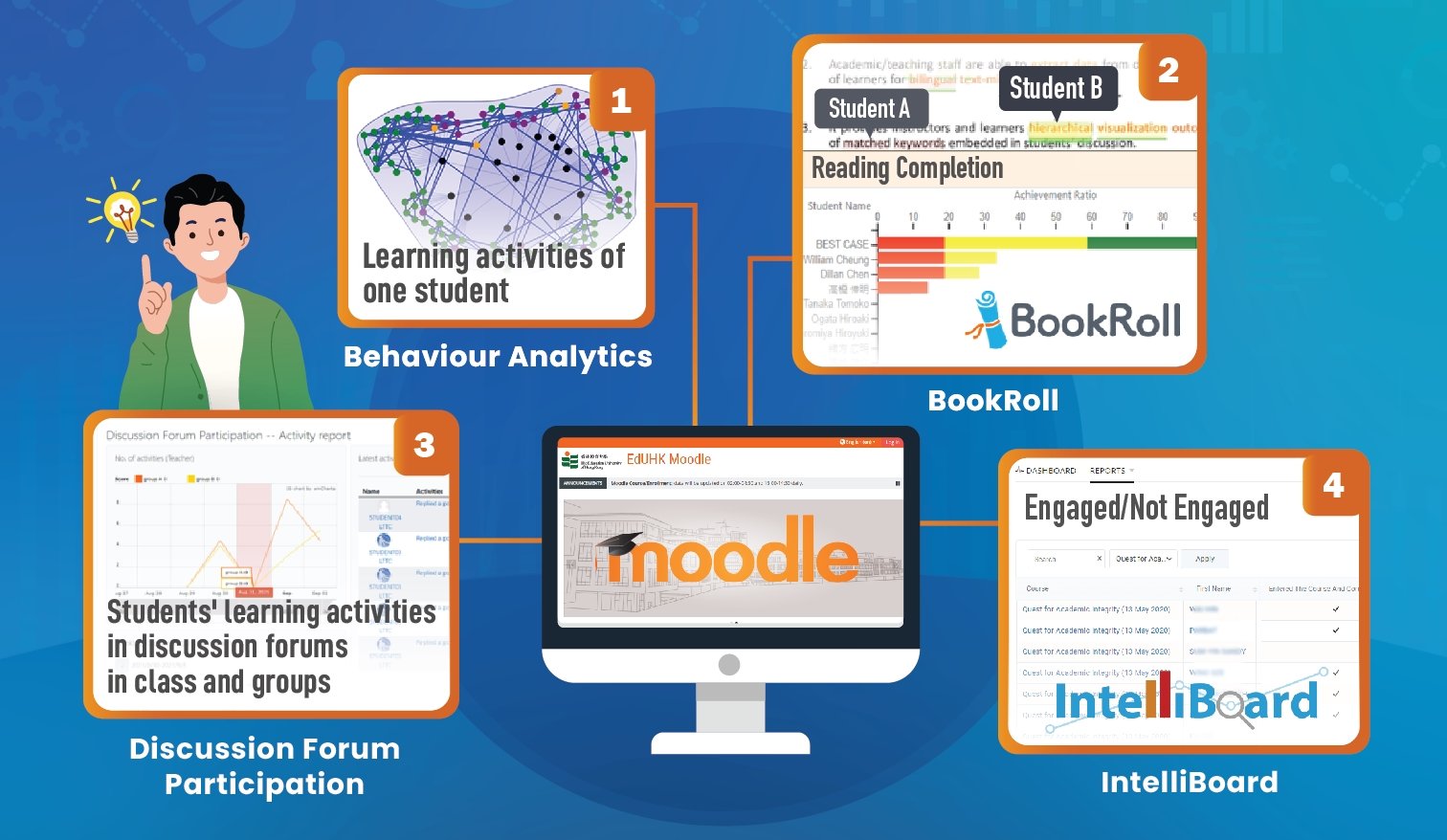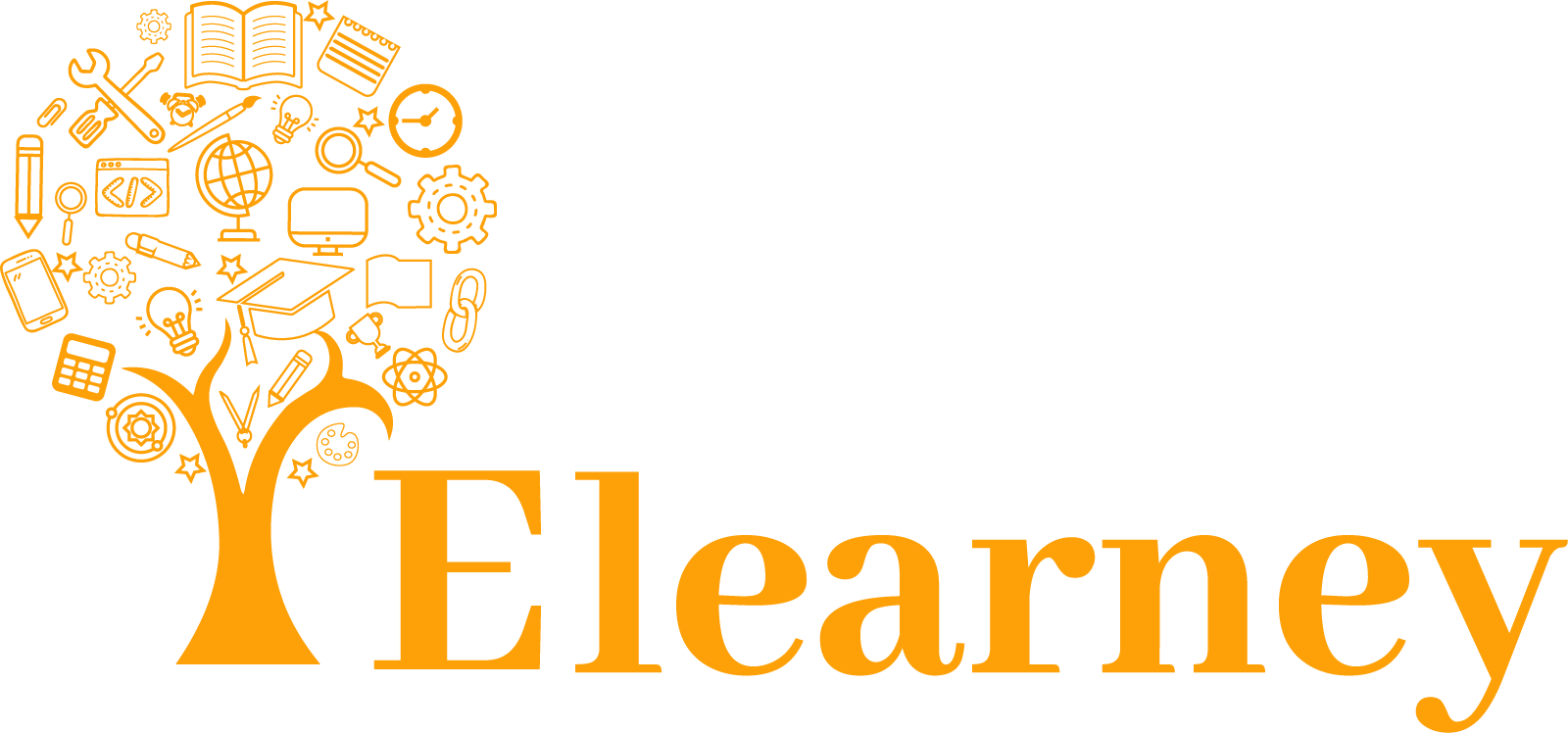
Leveraging Moodle™ Analytics for Better Learning Outcomes
- By admin
Say goodbye to the old ways of creative thinking and hello to the digital agency revolution! Creativity has never been this fun and exciting. Let’s dive in and explore the world of limitless possibilities through the eyes of digital experts!
Leveraging Moodle™ Analytics for Better Learning Outcomes
Leveraging Moodle™ analytics presents an opportunity for educators and administrators to significantly enhance learning outcomes within the platform. Firstly, by comprehensively understanding student engagement metrics, such as login frequency and participation in activities, educators gain insights into student behaviors and preferences. Armed with this information, they can tailor teaching strategies to promote greater participation and motivation among students, ultimately fostering improved learning outcomes. Analyzing engagement data provides educators with a roadmap to adapt their approaches dynamically, ensuring that students remain actively engaged throughout their learning journey.
Moreover, Moodle™ analytics play a crucial role in identifying at-risk students who may be struggling academically or disengaged from course activities. By tracking indicators like low quiz scores or infrequent logins, educators can intervene proactively to provide targeted support and resources to help these students succeed. Timely intervention based on analytics insights can prevent students from falling behind and improve retention rates. This personalized approach to student support not only boosts academic performance but also strengthens the sense of community and support within the learning environment.
Furthermore, Moodle™ analytics enable educators to personalize learning experiences based on individual student needs and preferences. By analyzing data on student performance and learning styles, educators can tailor course content, activities, and assessments to align more closely with students’ objectives and goals. This customization fosters deeper engagement and understanding among learners, empowering them to take ownership of their learning journey. Personalized learning experiences not only enhance student outcomes but also cultivate a culture of inclusivity and diversity within the classroom.
Additionally, Moodle™ analytics serve as a valuable tool for evaluating course effectiveness and instructional strategies. Educators can track metrics such as course completion rates, assessment scores, and student feedback to assess the impact of their teaching methods. By analyzing course analytics, educators can identify areas for improvement and refine course materials or teaching approaches accordingly. This continuous improvement cycle ensures that educators remain responsive to student needs and evolving pedagogical trends, ultimately driving better learning outcomes for all stakeholders.
Finally, predictive analytics powered by Moodle™ offer educators the ability to anticipate future trends and challenges. By analyzing historical data and trends, educators can forecast student performance and identify potential obstacles. This proactive approach enables educators to develop preemptive strategies to support student success and mitigate potential challenges before they arise. Predictive analytics empower educators to make data-informed decisions, ensuring that learning experiences are tailored to meet the evolving needs of students effectively.
In conclusion, leveraging Moodle™ analytics provides educators and administrators with powerful insights to enhance teaching and learning practices. From understanding student engagement and identifying at-risk students to personalizing learning experiences and evaluating course effectiveness, Moodle™ analytics offer a wealth of opportunities to drive continuous improvement and achieve better learning outcomes. By harnessing the power of data-driven insights, educators can create more engaging, effective, and inclusive learning environments that empower students to succeed.


